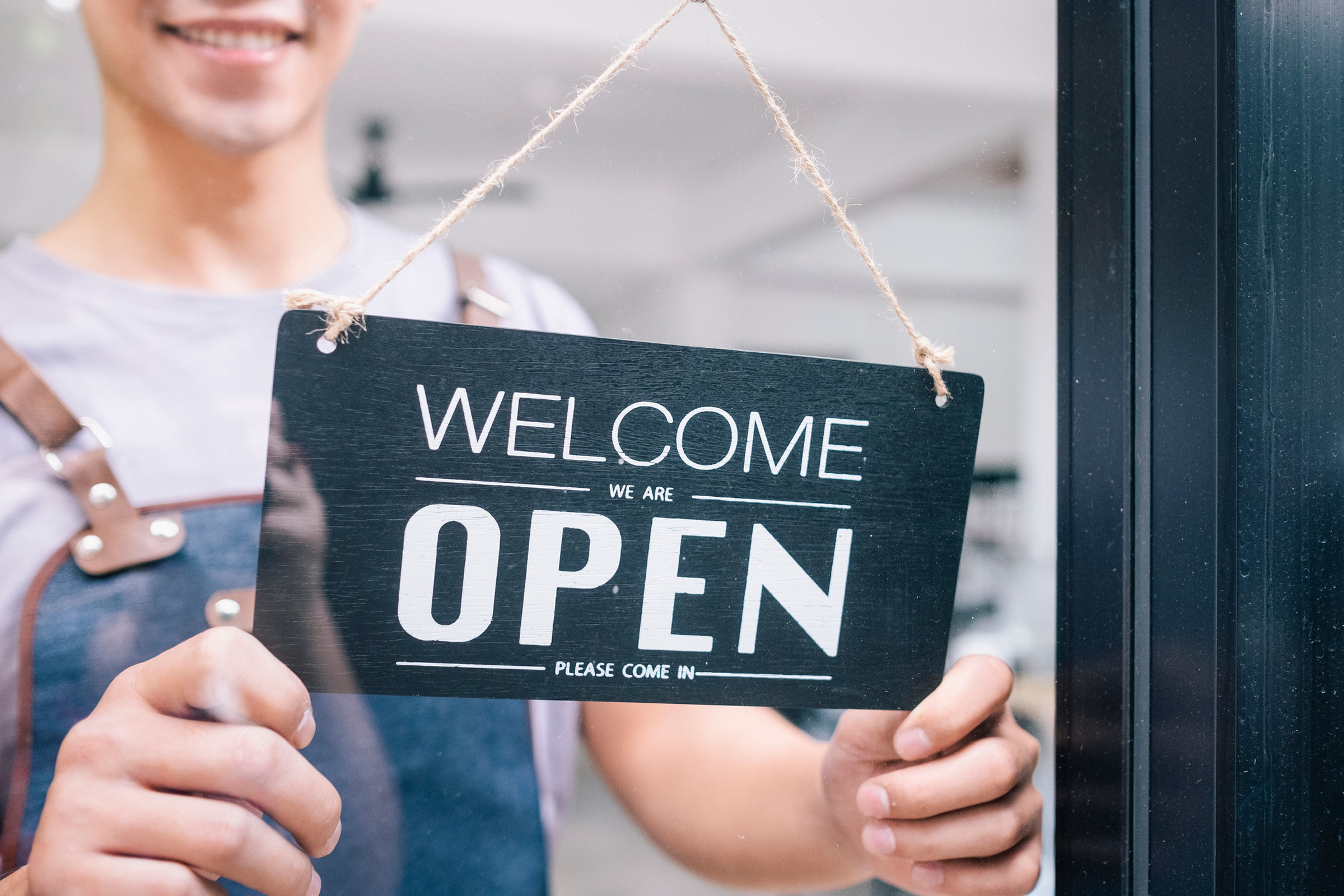Am I Ready to Buy My First Home?

Ready to talk to an expert?
Below we’ve outlined the top perks of homeownership and some tips on how to get started with the process when the time is right.
Benefits of Home Ownership
More control
When renting, landlords usually don’t like it when you paint the walls or change the landscaping at an apartment.
But when you own a home, you have the freedom to truly make it yours. If you are new to home-improvement projects, start small by painting a room or changing the fixtures.
Then as you feel more comfortable with your renovation skills, you may be interested in larger projects like a kitchen remodel or new hardwood floors.
The best part: When you’re a homeowner, you always have a canvas.
A place to settle down
Moving is a long, stressful, and often expensive process. By purchasing your own home, you have a place to stay for as long as you’d like.
Think about where you see yourself in the future and consider the following:
- How do you feel about where you live now? Do you like it enough to spend the next 5-10 years there?
- Do you want to have a family? How large of one?
- Do you want pets or need a fenced-in backyard for your new dog?
- How far is your commute?
Buy a home that will be able to accommodate your needs now and in the future, from bedroom space to acreage. This will give you the peace of mind knowing that you always have room to expand—just be sure not to overspend.
The best part: You have the opportunity to grow some roots in your community.
Equity accrual
When you pay rent to your landlord or apartment complex, you never see that money again. It simply guarantees that you have a place to stay for the next month.
When you own your home, every mortgage payment builds equity. If you stay in your home long enough, you may even pay it off completely.
The best part: The accrual of wealth through your home will help tremendously as your near retirement.
Questions to Consider
How’s your credit?
Before you begin applying for loans and attending open houses, you should take a look at your free annual credit report.
If you have poor credit or a significant amount of debt, it will be more difficult to qualify for a mortgage. Even if you do qualify, your interest rates will be higher, and you may have to contribute more money for a down payment.
Tip: Review your credit report and make sure there are no mistakes. If necessary, take a few months to clean up your credit and pay down your debt. In the long run, the better rates are well worth the extra time it will take to prepare.
Do you have a secure income?
When you decide to purchase a home, you’re committing to pay the mortgage for the next 15 to 30 years—or until you sell the house.
You should have a stable and sufficient income before you make that kind of commitment. If you’re living paycheck to paycheck, even a small financial setback could make it difficult or impossible for you to make your mortgage payment or to cover the unexpected costs of homeownership from leaky pipes to water damage.
Tip: Consider what a realistic mortgage payment would look like for you. Then create a budget that includes saving enough money to pay for unexpected, potentially pricy expenses.
Have you saved up a down payment?
A few years ago, you could easily get a mortgage that didn’t require any down payment. Today, however, these types of loans are extremely difficult to find and qualify for.
You need to anticipate bringing as much as 10% of the purchase price to the table for an offer. Even if your loan requires less, you need to consider the other closing costs.
Tip: FHA loans, often a good option for first-time homebuyers, require a low down payment, but you still have to have at least 3.5% of the cost of the home.
Next Steps
Do you think you’re ready to take the next step?
- First, get pre-approved for a mortgage.
- Then, once you know how much house you can afford, it’s time to start house hunting!
- Ask your friends or family for real estate agent referrals, or if you want to investigate on your own, use a website like Realtor, Zillow, or Trulia to find homes in your area that meet your needs.
If you’d like to learn more about the home-buying process or if you have any questions not covered by the above article, feel free to come in and talk to a mortgage specialist at a branch near you.



